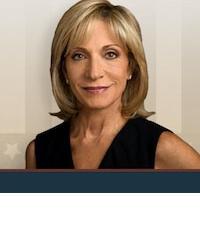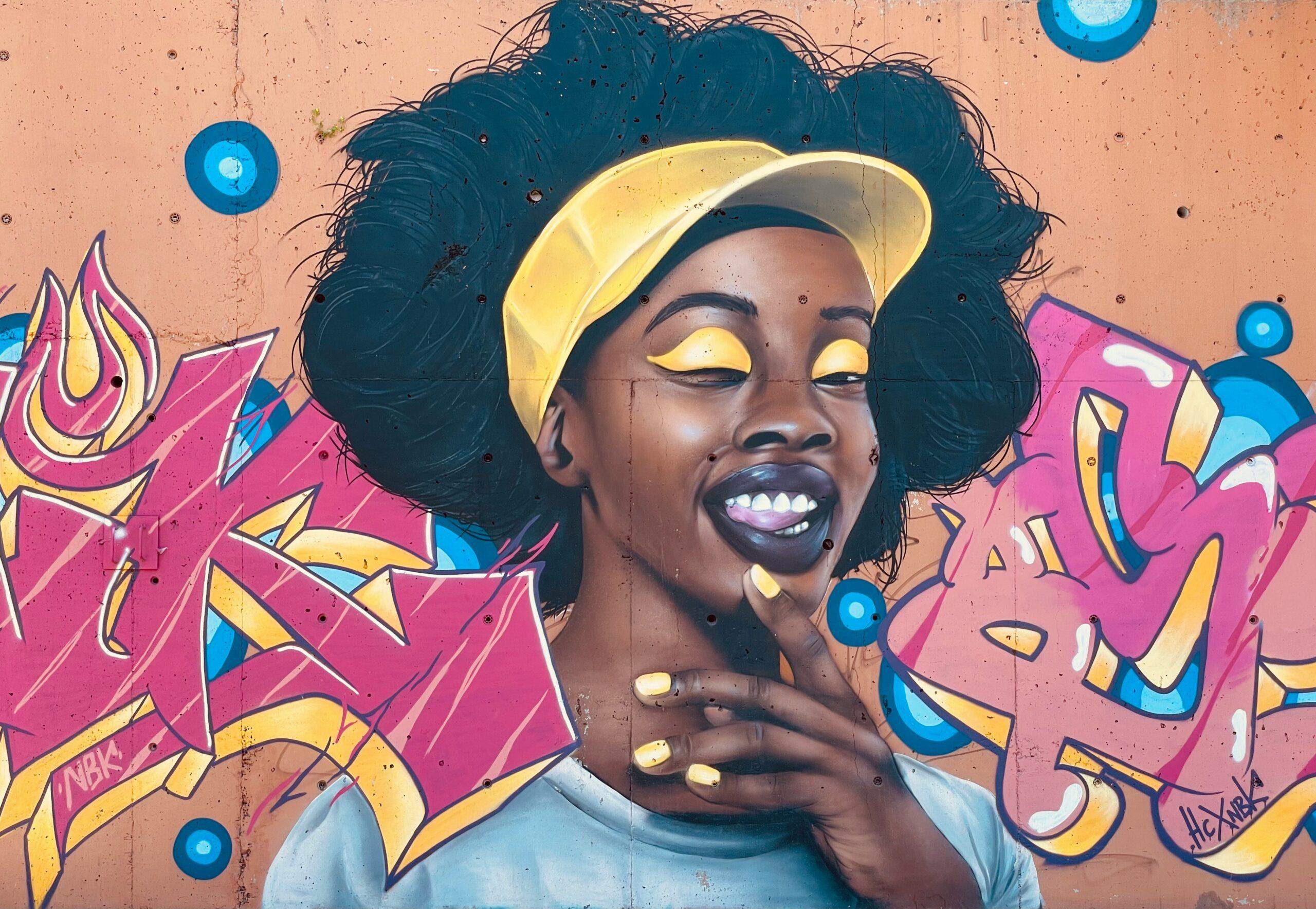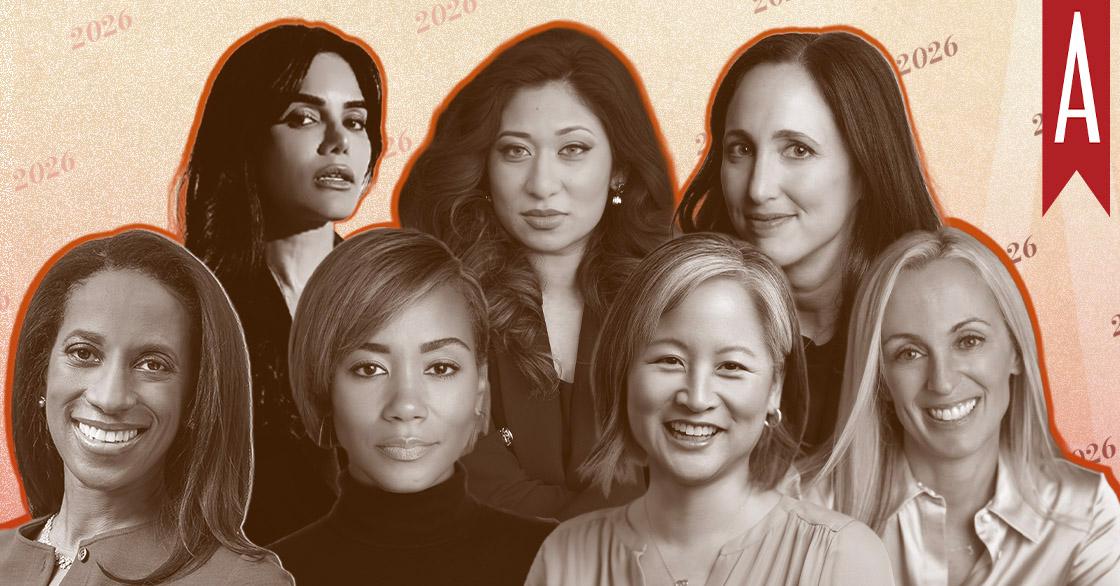In this special edition of A Peek Inside Her Agenda, Her Agenda has a conversation with Andrea Mitchell on the topics of ambition and women in Washington.
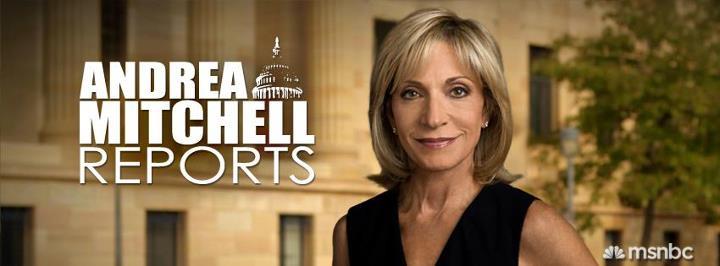
Girl power is on full display these days in Washington, and it doesn’t show signs of fading out anytime soon. In roughly 50 years, the number of women in Congress alone has more than quadrupled. In addition, more women are acquiring top level positions in the State Department, White House and Pentagon. But women are still considered to be severely underrepresented in politics, despite accounting for more than half of the country’s population.
To discuss the celebrations and setbacks that women in politics have had over the years, I spoke to NBC News Chief Foreign Affairs Correspondent and host of MSNBC’s “Andrea Mitchell Reports” Andrea Mitchell.
From your days covering former Mayor of Philadelphia Frank Rizzo to now, tell me how the political playing field has changed for women?
It has changed dramatically, but not dramatically enough. Certainly Hillary Clinton broke a lot of barriers, and we’ve had a woman Speaker of the House in Nancy Pelosi, but at the grassroots level we still don’t have easy access for women in local office and state legislatures. In many parts of the country it’s still very much what I call the “Ole Boys Network.” I think it’s sort of a gradual process. First, we have to see more women involved as top White House staff members and top staff members on Capitol Hill and in big jobs at the State Department and the Pentagon, which you’re beginning to now see. But I think there are still attitude issues. I remember when Hillary Clinton was running for president and people were continuously writing stories about her appearance, and even now that takes place; the hair, the clothes. [This] never gets written about a man for the most part. In some cases they’ll say someone looks too buttoned down or not buttoned down enough, but with women it’s the first thing people notice and that sort of speaks to an attitude.
You began covering President Bill Clinton in 1992, and throughout the years you have seen Hillary Clinton go from wife to First Lady to presidential candidate to Secretary of State. Having witnessed all of this, what can you tell me about her, as a politician and also as a person?
Hillary Clinton is very effective one on one and she really moves audiences. I’ve seen this all over the world when she speaks about democracy and values, and empowerment. She’s incredibly smart. She went through this tortured experience as not being the wife, but the spurned wife and that was humiliating and I think embittering. It made her a very private person, so although she has a hearty laugh and she reaches out to people in a great deal of warmth, there’s a side of her that’s very deeply protected because of all the pain, I think, and the public humiliation.
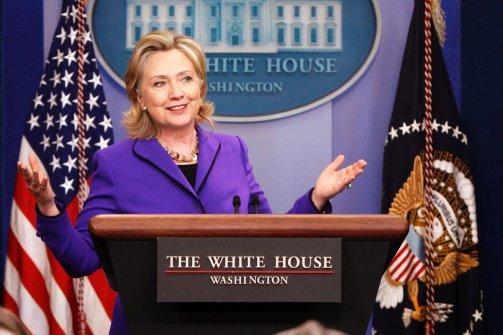
She’s a team player on team Obama. But I think what might be frustrating to her and might not be acknowledged publicly is that she is not in the inner circle of his advisors because his foreign policy team in the White House has a lot of hold over his foreign campaign, and they tend to be very insular. So I think she has a good working relationship with the president but I’m not sure how assimilated she is into his inner circle. I think she has grown a lot in terms of patience and seeing that she can wait to take her opportunities.
Sheryl Sandberg, the COO of Facebook, encouraged women to adopt a “higher-harder-faster” approach when it comes to achieving their goals. On the other side of this is Princeton professor Anne Marie Slaughter, who came out with an article in The Atlantic titled “Why Women Can’t Have It All” which did receive quite varied responses from a lot of people. You had the opportunity to sit down with Maria Bartiromo of CNBC and interview her on this. Do you think women can really have it all? Why or why not?
I guess we first have to define what “all” is. At any stage in our lives as women we’re going to feel a push-pull [or] a tug of guilt, whether it’s over a child or a sibling or a parent or a spouse or partner. To generalize at least from my perspective, most women I know do feel both a pleasure and an obligation to be more nurturing. This is obviously a very gross generalization, but if I’m going to be sent on an assignment I worry who’s going to take care of the food at home, who’s going to take care of this, what about my parents, [etc.] I think every woman is different.
I’ve talked just recently to several women in [my] office who are mothers and are talking about the balancing act they have to manage, and the things that you give up at work because you want to be with your child or your relative, partner, spouse etc. So it’s not a sacrifice, it’s a choice. I’m not the best witness on this subject because I never had children. So I’m not a good person of having it all, because I didn’t have it all. I’ve got a great life, with a great marriage, and wonderful friends, and wonderful assignments.
You don’t always get what you want, so women and men have to deal with setbacks, and I like to think it makes you stronger [and you’ll] have a little more self-knowledge. It’s a very tough debate. I just wish people could be less judgmental about it. I just think as we grow up, we have to realize that we’re not always going to have everything you want, and then you try to make the decisions that are best for the most vulnerable people in your life whom you love. As Barbara Bush said at her Wellesley commencement a number of years ago…when your life is over, you’re not going to think did I miss that meeting or what about that business appointment that I didn’t have. It’ll be something connected to a child or a loved one.
American University’s Women and Politics Institute put out a study a few months ago entitled “Men Rule: The Continued Under-Representation of Women in U.S. Politics.” The study found that women are severely under-represented in U.S. politics for various reasons including the belief that some women have that they are less capable than men. How serious is the under-representation of women in U.S. politics and what do you feel should be done to encourage women to become politically active?
I think it’s a really serious issue, and it has to start in school at the childhood boy/girl level of getting young girls really involved in learning about politics, talking about politics, [etc.] We need to have better representation of women on television, in the media, in cartoons, in all kinds of videos, in our music and music videos.
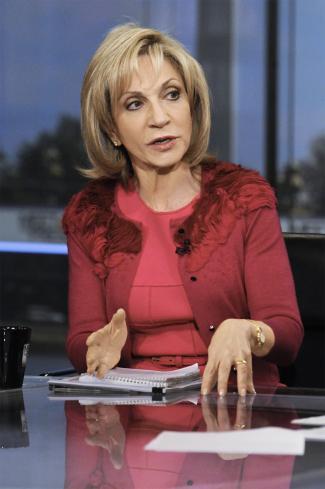
I think we have to desexualize women so that they get taken more seriously and stop being abused in language and vulgarized in our pop culture. We could take a page from some of the African countries, frankly, where I’ve been meeting a lot of leaders through Vital Voices, who are coming from not just Liberia, but other countries where women of all backgrounds have taken some amazing steps of leadership in health care delivery for instance, including in Somalia, and places like that where some of the Muslim women are banding together to fight against the militias and protect their patients.
[Editor’s note: This interview was published on August 21, 2012.]

